Digital Humanities Summer Fellowships
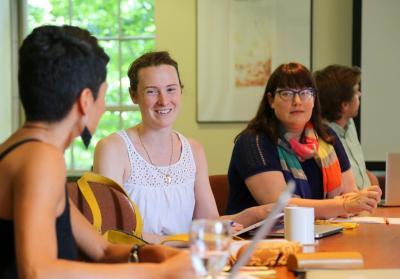
The Simpson Center offers annual summer fellowships for faculty and graduate students to pursue research projects that use digital technologies in innovative and intensive ways and/or explore the historical, social, aesthetic, and cross-cultural implications of digital cultures. The program has three primary goals:
- To animate knowledge—using rich media, dynamic databases, and visualization tools
- To circulate knowledge—among diverse publics
- To understand digital culture—historically, theoretically, aesthetically, and generatively
The Simpson Center gratefully acknowledges the support of a National Endowment for the Humanities Challenge Grant and the Andrew W. Mellon Foundation as well as many donors to the endowment which is underwriting these fellowships.
2025 - 2026 Digital Humanities Summer Fellows

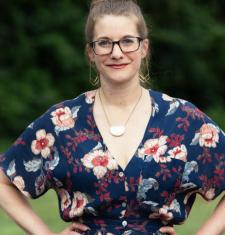

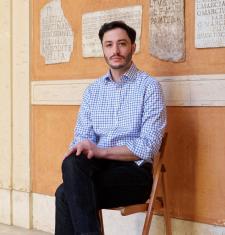
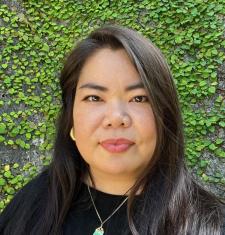
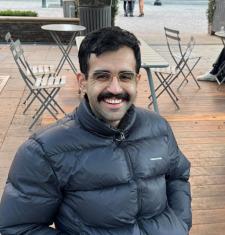

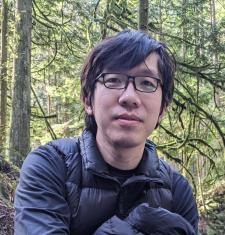
2016 - 2017 Digital Humanities Summer Fellow

Darren Byler (he/him/his)
The Art of Life in Chinese Central Asia: A Repertoire of Uyghur and Han Migrant Popular Culture
Following a series of riots in 2009, officials in Xinjiang, an ethnically diverse province in Northwest China, announced multi-million yuan investments in "creative industries" across the region which address official goals of “ethnic harmony” and "anti-terrorism." By centering on Uyghur and Han art collectives, literary salons, film and photography studios that have been created as supplements to secular urban development, this project focuses on the way cultural expression responds to social precariousness across and within ethnic and class divides. Aimed at the intersection of urban studies and expressive culture, this digital project considers how Chinese urban minority and migrant life give rise to new forms of ethics and aesthetics.